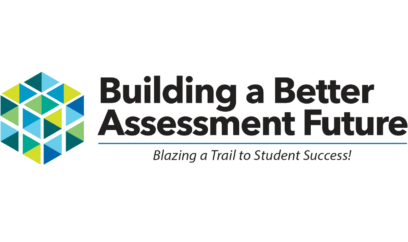
Building a Better Assessment Future 2025
August 5 - 6, 2025At the 2025 Building a Better Assessment Future conference, we are placing students at the center of our assessment systems, practices, and policies. Join us…

The theme for the 2021-22 Assessment Learning Network is leveraging assessment to achieve equitable access and outcomes for all students through an emphasis on assessment practices most relevant to students’ efforts to increase their own learning.
Today, education requires students to think for themselves—critically, creatively, and metacognitively. Teaching that focuses solely on presenting information for students to passively acquire, a transmission model, is no longer fit for purpose. Instead, ambitious teaching that involves students as active participants in rich and authentic tasks, in disciplinary discourse practices, and in becoming agents in their own learning is essential to achieving contemporary educational goals.
Assessment, too, must play a part supporting ambitious teaching, in particular the process of formative assessment, which is concerned with the here and now of teaching and learning. Formative assessment is characterized by a shared understanding of learning goals, eliciting students’ thinking as they are engaged in learning, and taking action to keep learning moving forward.
In this session, we will explore the reciprocal relationship of ambitious teaching and the formative assessment process, and how each one supports the other to achieve valued educational goals for all students.
Framing Questions
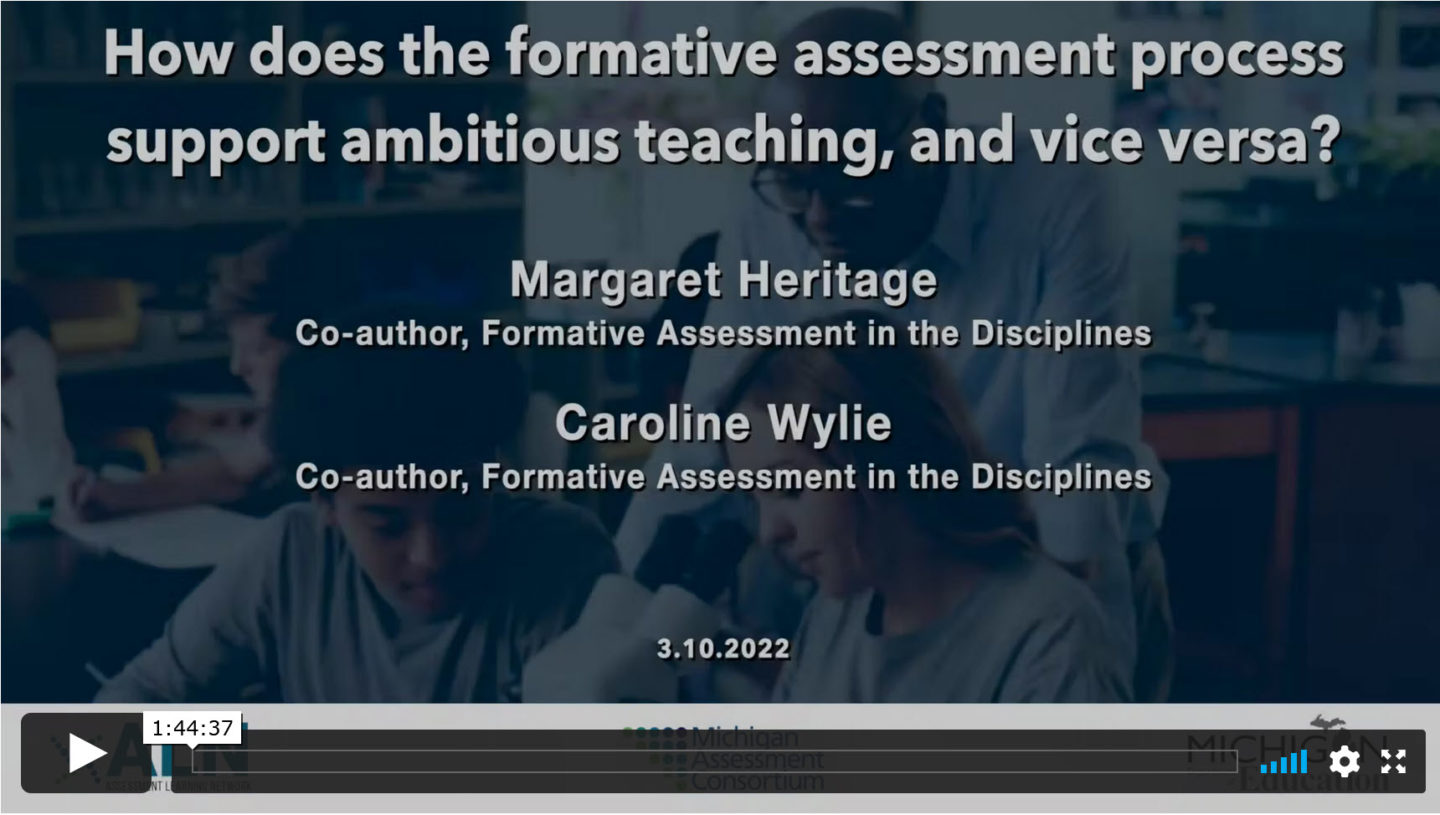
ALN Presentation: How does the formative assessment process support ambitious teaching, and vice versa?
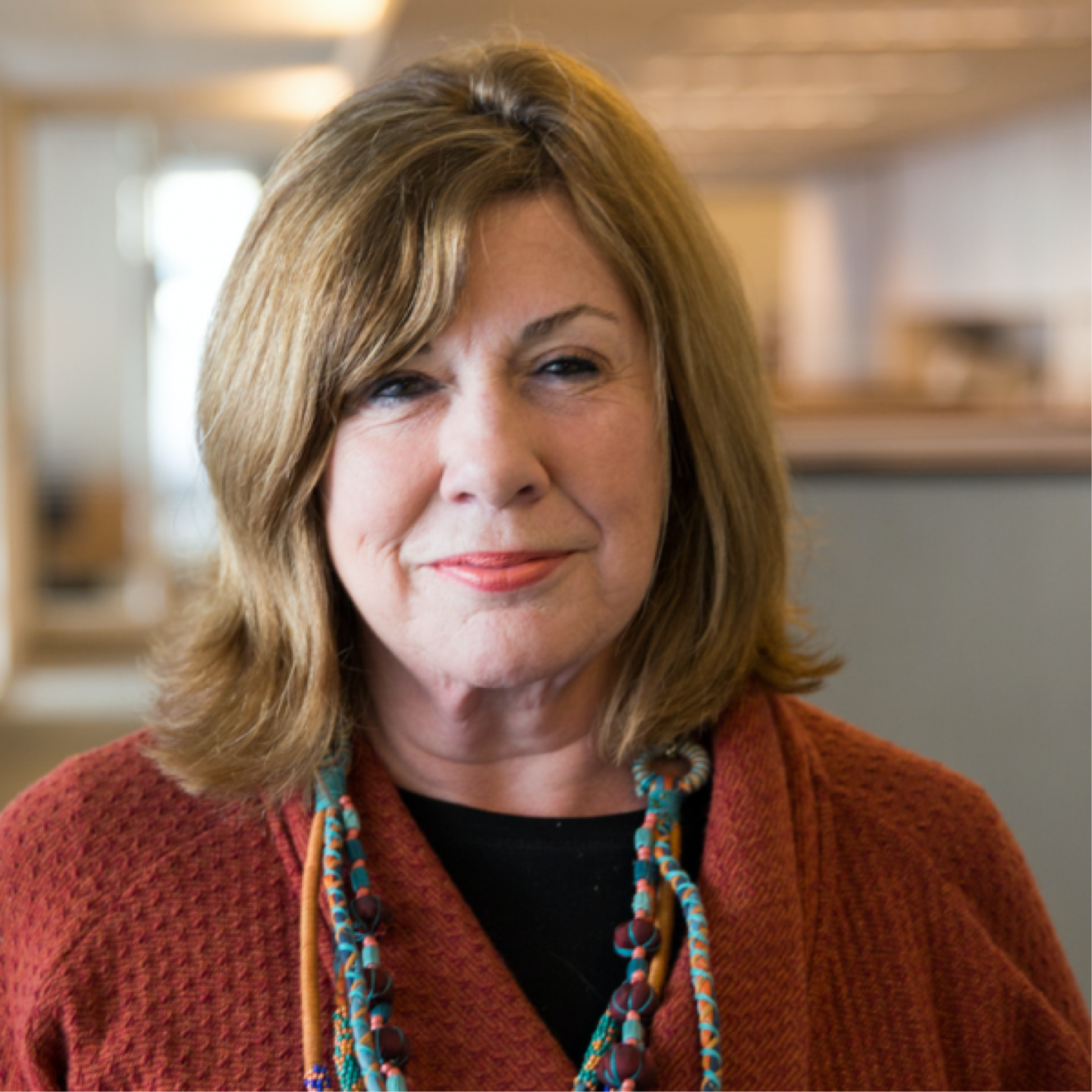
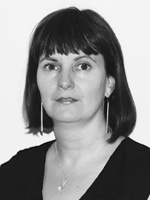
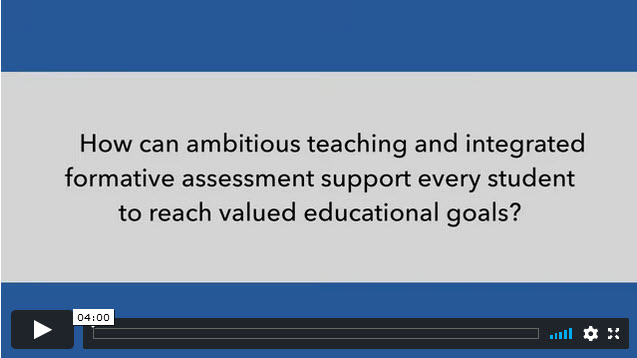
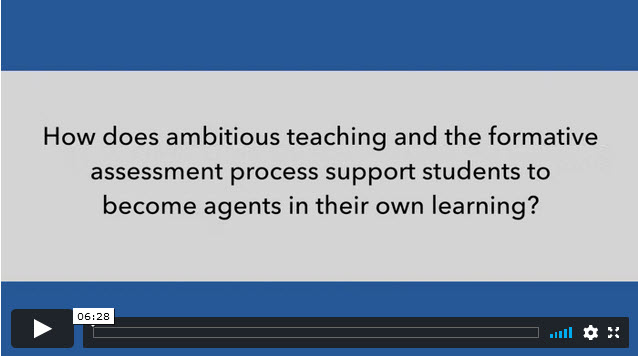


At the 2025 Building a Better Assessment Future conference, we are placing students at the center of our assessment systems, practices, and policies. Join us…
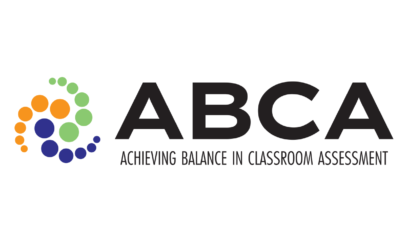
Facilitate classroom-level, assessment-literate practice to improve student learning & achievement! Districts that implement—with fidelity—quality balanced assessment systems in every classroom show improved student learning and…
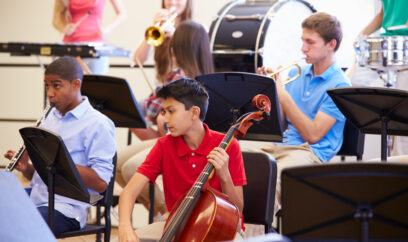
The Assessment Learning Network (ALN) kicks off the 2025-26 season with an in-person session that includes learning, networking, and a luncheon. Art is a…
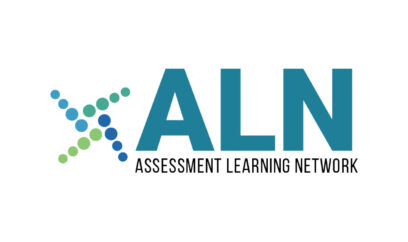
Note: to register for a Season Pass (and save money!), click the button at right. To register for individual sessions, click the session title in…